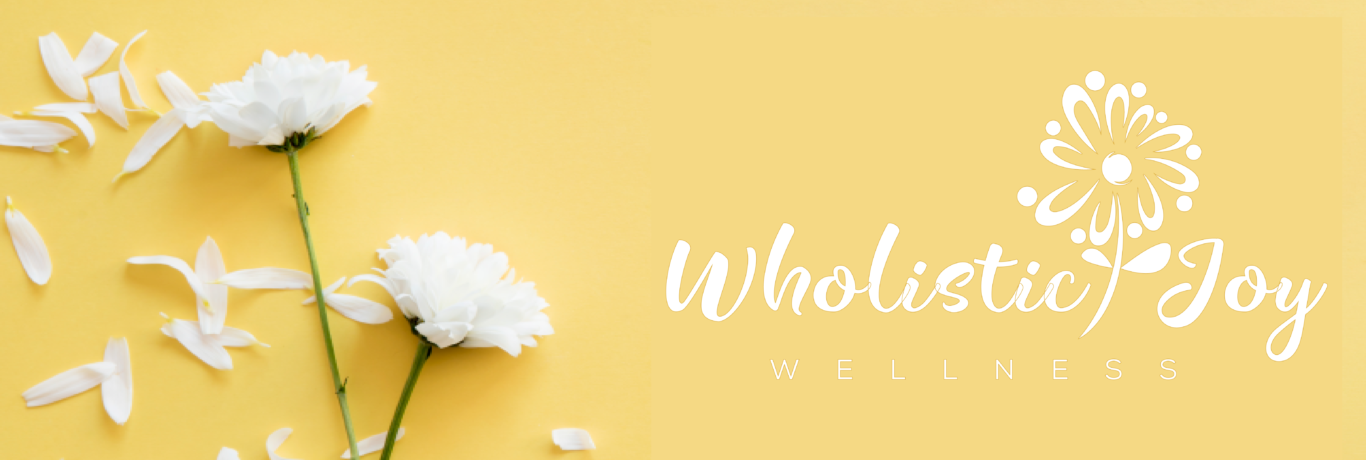When I became a mom for the first time, I did exactly what I was expected to do: give my entire self to this tiny human. That is what unconditional love is all about, isn’t it?

Fast forward a year and I had become a miserable, depleted, angry version of myself, forcing love from a place of bitterness and resentment, instead of the authenticity and heart I had intended.
In the process of denying myself in order to give everything to my new daughter, I had shifted from “I get to love my baby” and turned it into “I have to love my baby”. The want became a should.
I had completely forgotten the most important thing about loving another person, which is that you can only give love when you have love to give. The act of showing love has to be born from a place of fullness and generosity. If it’s not, then it is not an act of love, it’s an act of obligation.
I am still trying to build back the stores of energy and self-love that I stripped myself of, and my daughter is about to turn 4.
So why is it important to love yourself first?
You cannot drive on an empty tank.
You cannot pour from an empty cup.
Put your own mask on before assisting others.
You cannot call from a dead phone.
There are endless metaphors we can use to describe the rational reasoning behind why we need to care for ourself before caring for others. And yet, we still neglect our own needs in favor of the needs of everyone else.

Part of this has to do with the denial of our own needs in the first place.
When I ask my clients, “what are your needs?”, the answer I get 99% of the time sounds something like, “I need water, food, and shelter”. That’s it. Those are all the needs we believe deserve to be fulfilled.
But let’s look at what a need actually is. A need is something that you require in order to operate at your best self. So, absolutely, you need water, food, and shelter in order to function at your best. But what else do you need?
I am an introvert. If I am exposed to too much social stimulation without a period of isolation, I struggle. I get overwhelmed, tired, irritable with my family, and my productivity suffers. Without some alone time to recharge, I cannot operate at my best. Time to recharge is something I need.
Sadly, somewhere along the way, we were taught that to have needs beyond those that make survival possible, is selfish. After all, there are so many worse off than us.
But the world cannot survive without our ability to thrive.
Think about it. If parents never allowed themselves to fill their cups and all they ever experienced was depletion, anger, resentment, and fatigue, fewer and fewer adults would choose to procreate. What’s more, the children we do raise would be at the constant receiving end of this anger and resentment, which does not allow for a healthy population.

From a professional standpoint, you come to the table with a talent, a strength, a capability that requires your fullest potential in order to thrive. You need an environment supportive of your needs in order for your unique abilities to flourish.
Bring to mind your role model; the person you admire most. Would that person have been able to achieve what they have achieved without their needs (beyond food, water, and shelter) being met?
Crisis self-care vs sustained self-care
We have damaged ourselves over years and years of self-neglect. Most of us are operating from a place of crisis-response. We care for ourselves only in reaction to an event. As such, in those times, we might fill our cup an eighth of the way. This will make us feel a little better, but how quickly does that eighth get used up again?
What we need to do is get the cup to overflowing. This takes a deliberate effort to care for ourselves not just in times of crisis, but on a sustained basis. It’s about having a maintenance self-care plan, not just a state of emergency self-care plan.
This will take time. What it will also take is a significant mindset shift. We need to move away from thinking that self-care is self-indulgent and instead to believing that self-care is essential.
What would you prefer? To be of service to others from a place of anger, bitterness, and resentment? Or to be of service to others from a place of authentic love, compassion, and generosity. Self-care determines this difference. So, how can you put yourself at the top of your priority list? What can you do to fill your cup, not just to an eighth, but to overflowing?
With joy, Tara






